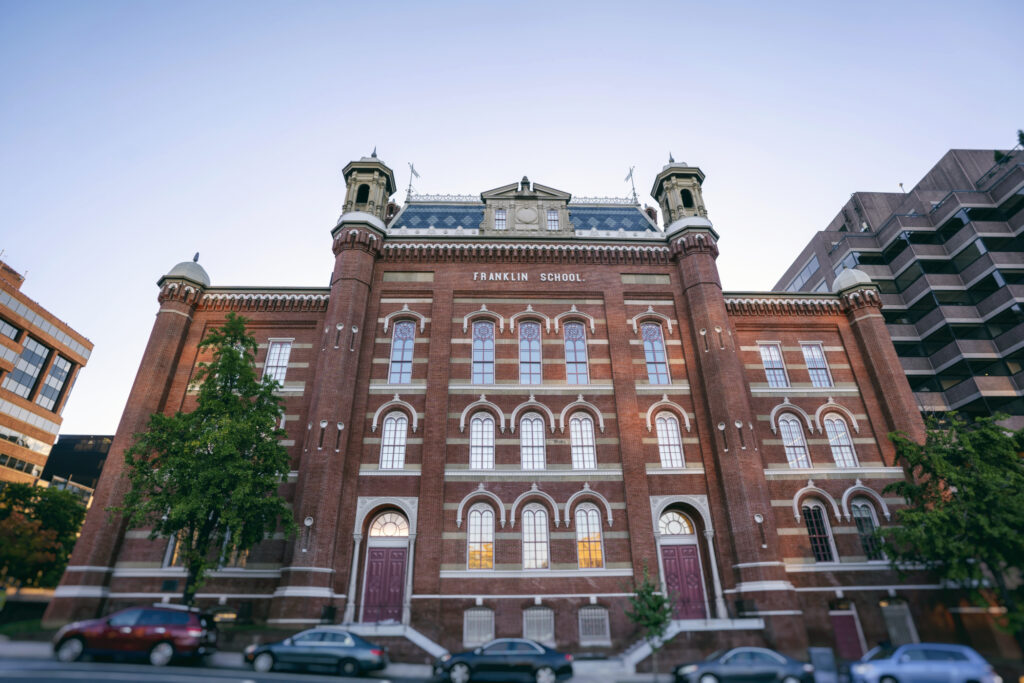Poetry for Uncertain Times
Without intentionally searching for them, lines of poetry keep spinning around in my head, leading me to greater truths than I knew I was looking for. A few weeks ago, “If—” by Rudyard Kipling leapt to my mind and crouched there, until I realized how perfectly it described this political moment and how one might respond.
Then yesterday it was the oft-cited phrase “things fall apart” that wedged into my thoughts. The poem those ominous words come from, “The Second Coming” by William Butler Yeats, also seems to fit the current time.
As Yeats wrote, things were falling apart because the center wasn’t holding, resulting in a time when
Mere anarchy is loosed upon the world,
The blood-dimmed tide is loosed, and everywhere
The ceremony of innocence is drowned;
The best lack all conviction, while the worst
Are full of passionate intensity.
Perhaps it’s become hackneyed, but nonetheless it’s another century-old poem that seems to fit our current circumstances. How apropos, I thought to myself, that the Poetry Foundation included “The Second Coming” in a group of poems to read for “Anxiety and Uncertainty.”
So often, I think, poetry has the answers we are seeking. Perfectly chosen words, ones we may have been enjoying or pondering for decades — even millennia — may help us understand ourselves, our place in the world, and our responsibilities to it. I find myself returning to the words of Emma Lazarus in “The New Colossus” or Percy Bysshe Shelley in “Ozymandias” or those of Elizabeth Alexander in “Apollo” to help me think about the history we’re witnessing.
How fitting, then, that given the current turmoil, we find ourselves at the beginning of National Poetry Month. The month of April itself prompts us to “wax poetic” about the sudden natural beauty we see all around us: the pink, magenta, lilac, and white bursting out against a still mostly-bare brown backdrop; the rap, rap, rapping of woodpeckers, who replace the need for any alarm clock; the spring onion poking glossily through dull, matted grass.
But even if it weren’t early spring, there couldn’t be a more important time to honor poetry than this April. We all could use the beauty, guidance, and solace offered by poetry, confronted as we are by fundamental questions about our responsibilities toward the environment, toward our fellow humans, toward our institutions, and toward the words that shaped our country.

Why Poetry by Matthew Zapruder
In his 2017 book, Why Poetry, poet and professor Matthew Zapruder explains why poetry is what we need at times like these. He says the “drifting quality” of poetry, its freedom with language, its very ambiguity and inscrutability (my words, not his), make poetry essential at uncertain times.
He quotes the great American poet W.S. Merwin as saying, “Poetry addresses individuals in their most intimate, private, frightened and elated moments. People turn to poetry in times of crisis because it comes closer than any other art form to addressing what cannot be said.”
Zapruder adds that “[i]n our current difficult time, many poems that sincerely attempt to engage the most challenging political, social, and cultural issues that face us are being written.” And he reminds us that no matter “how small and helpless we might feel or even be, one thing we as individuals can always be responsible for is attention to our language. We can do our best not to let our words delude us into comfort…This is also what poetry can do to, and for, and with us.”
“It may not be the solution,” he says, “but it is at least a necessary beginning.”
—Ann Friedman, founder of Planet Word



